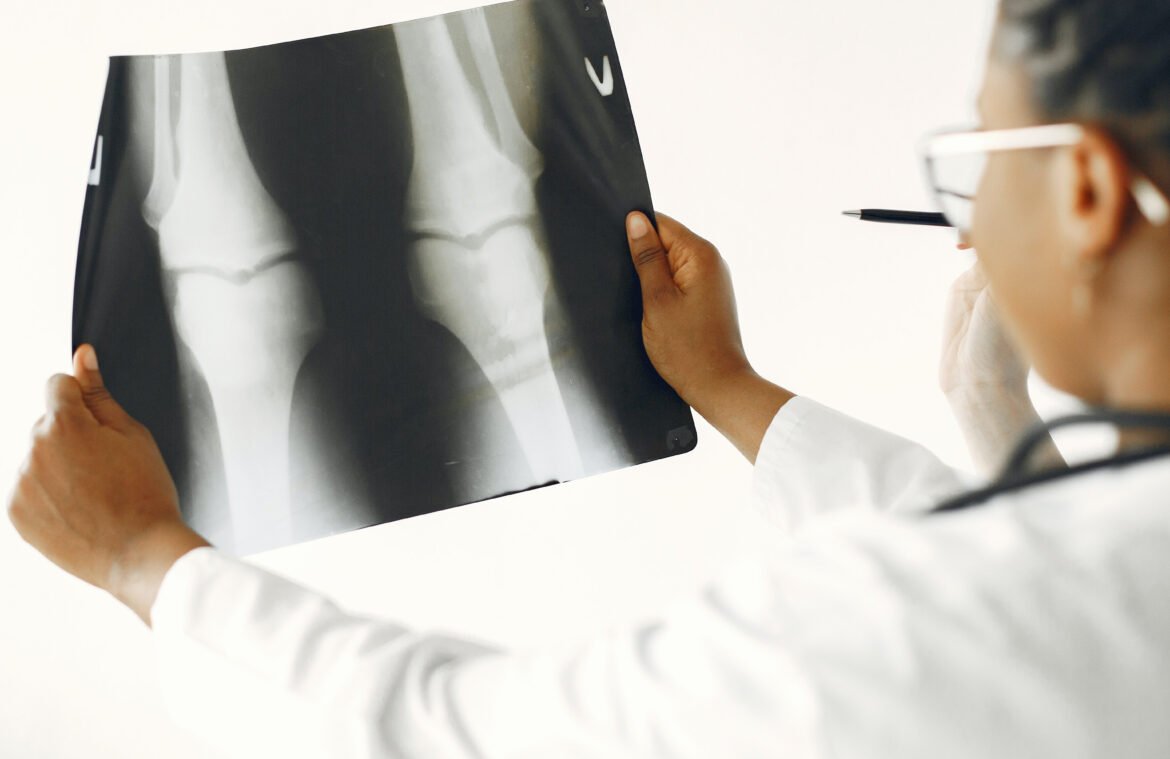
Orthopedic services encompass the diagnosis, treatment, and management of conditions and injuries related to the musculoskeletal system, which includes bones, joints, muscles, ligaments, tendons, and nerves. Orthopedic surgeons, also known as orthopedists, specialize in surgical and non-surgical interventions to address a wide range of orthopedic problems.
Here are some key aspects of orthopedic services:
- Fracture Management: Orthopedic surgeons are skilled in the diagnosis and treatment of fractures, ranging from simple fractures to complex and multiple fractures. They may utilize casting, splinting, or surgical techniques to realign and stabilize broken bones for proper healing.
- Joint Replacement: Orthopedic surgeons perform joint replacement surgeries, such as total hip replacement, total knee replacement, and shoulder replacement. These procedures involve removing damaged or arthritic joint surfaces and replacing them with artificial implants to restore joint function and alleviate pain.
- Sports Medicine: Orthopedic services often include sports medicine, focusing on the prevention, diagnosis, and treatment of sports-related injuries. Orthopedic surgeons provide specialized care for athletes, addressing issues like sprains, strains, ligament tears (such as ACL tears), tendonitis, and stress fractures.
- Arthroscopy: Orthopedic surgeons employ arthroscopy, a minimally invasive surgical technique, to diagnose and treat various joint conditions. Arthroscopic procedures involve inserting a tiny camera and surgical instruments through small incisions to visualize, repair, or remove damaged tissues within the joint.
- Spine Care: Orthopedic services encompass the diagnosis and treatment of spine-related conditions, including back pain, herniated discs, spinal deformities (such as scoliosis), spinal fractures, and spinal stenosis. Orthopedic surgeons may perform spinal fusion surgeries or other procedures to address these conditions.
- Orthopedic Trauma: Orthopedic surgeons are trained to manage orthopedic trauma, such as fractures resulting from accidents, falls, or other traumatic events. They provide emergency care, fracture stabilization, and reconstructive procedures to restore functionality and promote healing.
- Pediatric Orthopedics: Pediatric orthopedic services focus on the diagnosis and treatment of musculoskeletal conditions and injuries in children. Orthopedic surgeons who specialize in pediatric orthopedics address issues such as congenital deformities, growth plate injuries, scoliosis, and developmental hip dysplasia.
- Rehabilitation and Physical Therapy: Orthopedic services often include rehabilitation and physical therapy to aid in the recovery process following orthopedic surgery or injury. Physical therapists work closely with orthopedic surgeons to develop customized exercise programs, facilitate mobility, improve strength, and optimize functional outcomes.
Orthopedic services aim to alleviate pain, improve mobility, and enhance the overall quality of life for individuals with musculoskeletal conditions. Orthopedic surgeons collaborate with other healthcare professionals, such as physical therapists and pain management specialists, to provide comprehensive care and develop treatment plans tailored to each patient’s needs.









